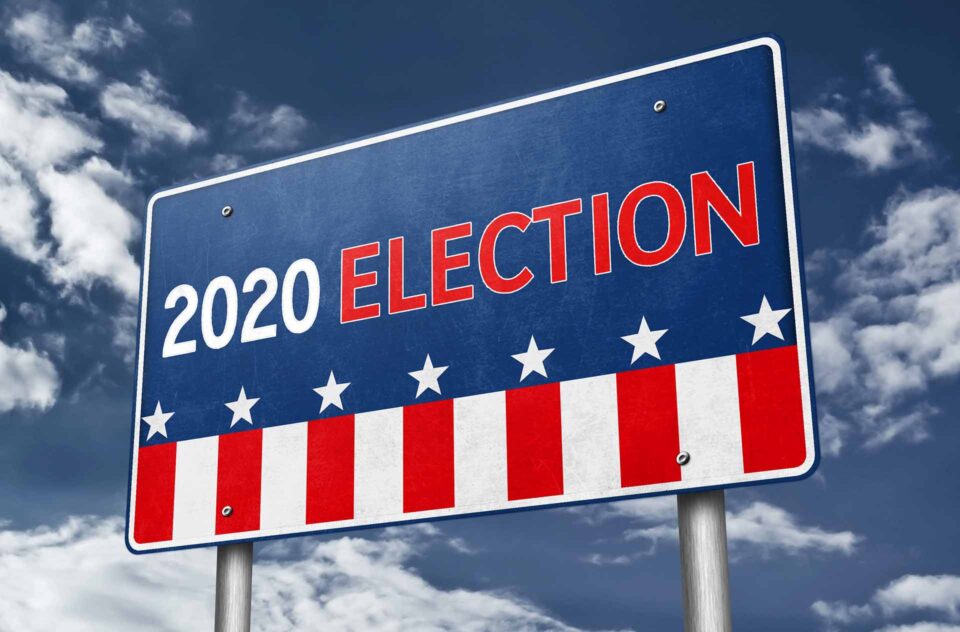With nine candidates in the running for Speaker, some Republicans are raising questions over whether their votes on overturning the 2020 election results should be a factor in electing the next leader.
The House has been in turmoil since eight Republicans joined forces with Democrats earlier this month to oust former Speaker Kevin McCarthy (R-Calif.) from his position. Since then, the House GOP has struggled to unite behind one candidate for the Speakership.
The GOP conference voted in a secret-ballot election Friday to boot Rep. Jim Jordan (R-Ohio) as the Republican nominee after he failed three times to secure the 217 votes needed for the Speakership. Jordan was Republicans’ second nominee, following Majority Leader Steve Scalise’s (R-La.) decision to back out one day after the conference narrowly voted to nominate him.
Some Republicans, such as Rep. Ken Buck (R-Colo.), are saying that the candidates’ stances on who won the 2020 election will factor into their votes. Buck, one of the eight Republicans who voted to oust McCarthy, told reporters Friday that declaring President Biden as the lawful winner of the 2020 election will be one of his criteria when choosing a new candidate.
McCarthy, Jordan and Scalise were among Republicans who voted in favor of overturning those election results.
Former Rep. Liz Cheney (R-Wyo.) said on CNN’s “State of the Union” on Sunday that any candidate who voted to reject the results of the 2020 election should be disqualified from running for the Speakership.
Hours after a mob of rioters stormed the Capitol on Jan. 6, 2021, 139 House Republicans voted to object to the election results in either Arizona, Pennsylvania or both. The vote to overturn Arizona’s election results failed 121-303 and the vote to overturn Pennsylvania’s results failed 138-282.

Please think about donating below.



